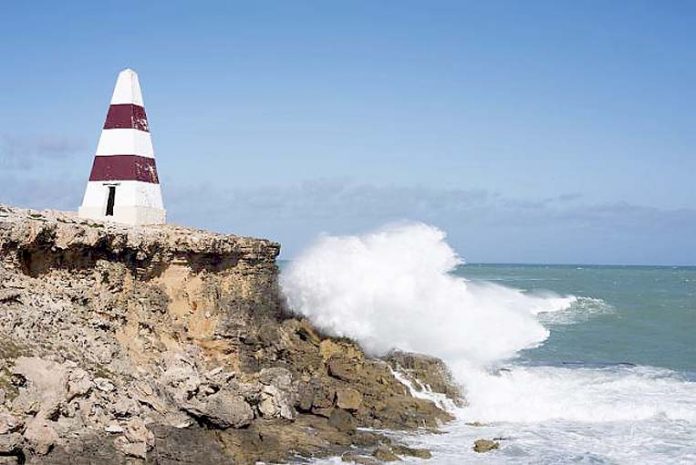ROBE District Council is looking to increase its overall rate revenue by more than 3pc in the coming financial year as well as generate an operating deficit of $636,000.
Details of how the seaside council will raise $7.4m in 2020/21 are outlined in the 30-page draft budget which has been released for public comment.
Council anticipates 1pc of the anticipated rates growth will come from new developments while a further 2.1pc has been scheduled to be levied in line with movements in the Consumer Price Index.
Under the draft budget, the minimum rate is 2020/21 is proposed to be $710 – an increase of $15 on the minimum rate applied in 2019/20.
Charges for the town’s Community Wastewater Management Scheme will slightly increase to $540 for occupied land and $435 for unoccupied land.
Council’s increase to the waste management charge – which is charged separately – will rise from $318 to $324 for Robe residents, with council attributing the rise to contract costs to China’s ban on recycling waste streams.
The major capital expenses in the coming 12 months are set to include the Robe Institute ($40,000), Lake Butler Marina dredging ($120,000) and the Tobruk Avenue upgrade ($1m).
Council has also earmarked $20,000 in upgrades to Casurina Lodge and has allocated $120,000 for Marina Dredging to undertake works which did not proceed in the current financial year due to COVID-19.
In a joint statement, Robe mayor Alison Nunan and chief executive James Holyman commended the draft budget and invited public comment until June 5.
“We are operating in a dynamic environment particularly as we manage through the COVID-19 pandemic,” Ms Nunan and Mr Holyman said.
“As a community, we have approached the pandemic with a real sense of solidarity and strength that has made all elected members extremely proud.
“We are working proactively with the State and Federal governments to access stimulus funding to contribute to council projects.
“Council will also look at using our borrowing capacity to initiate projects that also assist in contributing to our economy and the region.
“In times like these, council is very aware of managing any increase in our rates.
“Our aim has been to not only look at the current economy but also to look at the impact on our long-term financial plan.
“Therefore, council has applied the minimum amount we believe is sustainable so as to avoid large rises in future years.”








